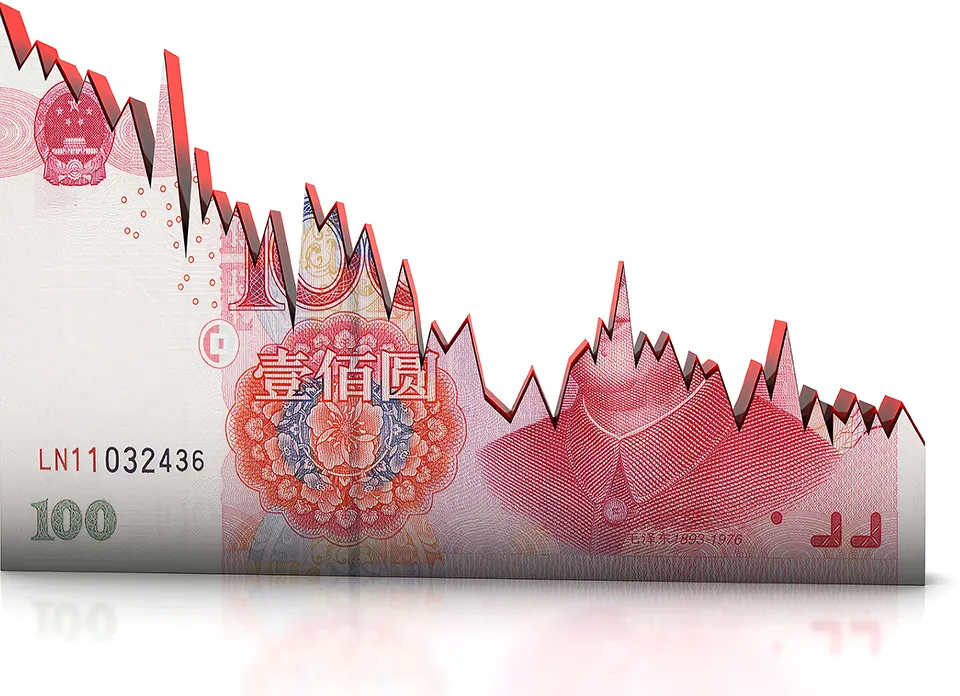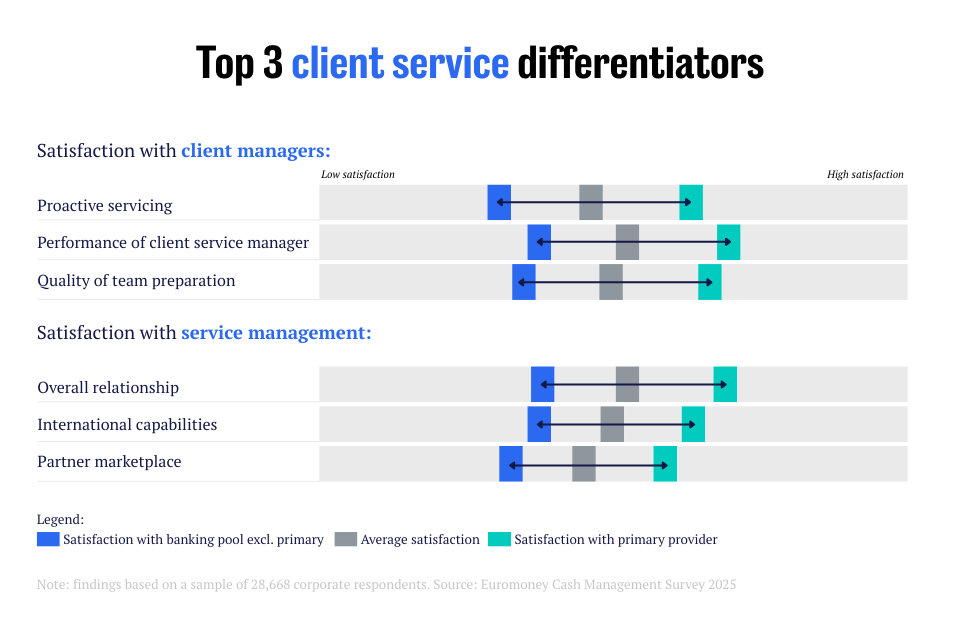In the wake of the People’s Bank of China (PBoC) raising and then promptly lowering its USD/CNY fixing in March, analysts at ING pointed to a weakening of Asian currencies and speculation that China’s focus on market stabilization might have lessened as factors supporting the idea of the central bank tolerating a weaker renminbi.
But with an assessment of China’s currency policy being as difficult as ever to establish with any certainty, there is little agreement over whether or to what extent the PBoC will entertain letting the renminbi slide.
Access intelligence that drives action
To unlock this research, enter your email to log in or enquire about access




